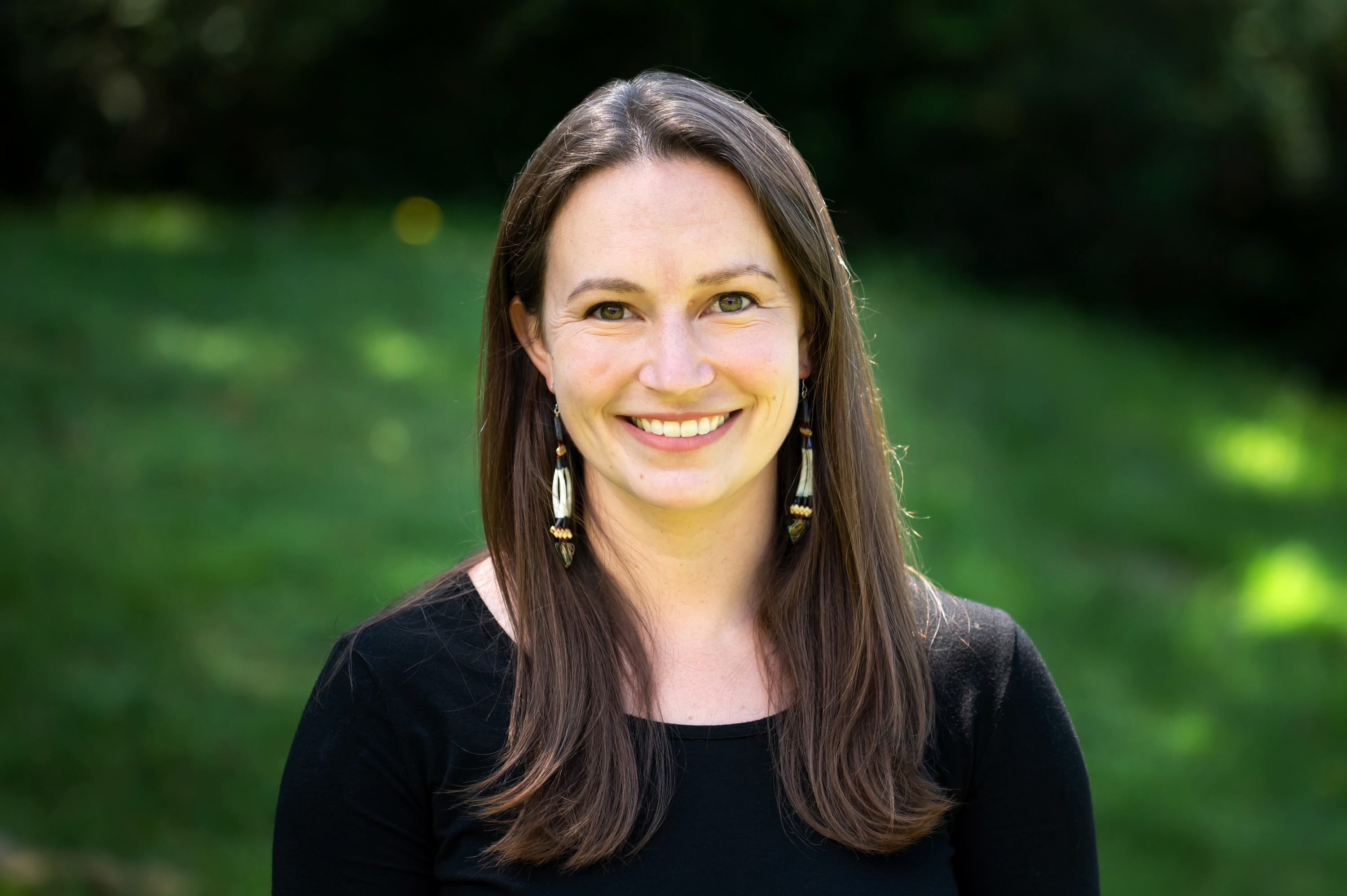CSDE Seminar: Strengths-Based Approaches to Indigenous Health Research
Posted: 1/12/2024 (CSDE Seminar Series)

Join CSDE and the Population Health Initiative (co-sponsor), for a seminar by Dr. Rachel Wilbur (Washington State University) on Friday, Jan. 19th from 12:30-1:30 PM in 360 Parrington Hall and on Zoom (register here). There will be several opportunities to meet with Dr. Wilbur throughout the afternoon, including 1-1 meetings (sign up for 1-1 meetings here) and a graduate student lunch/discussion from 1:30-2:30 in Raitt 221. RSVP to Maddie Farris to attend the lunch (csde-prgm-coord@uw.edu). All in-person attendees will have the opportunity to get their CSDE seminar punch card and earn an opportunity to be entered into a prize raffle.
American Indians and Alaska Natives (AI/AN) collectively experience some of the greatest inequities in health of any population in the US, including lower life expectancy and a greater burden of many preventable diseases. The root of contemporary AI/AN health patterns extends beyond classic public health emphases on social determinants of health, and instead derives distally from histories of colonization and subsequent subjugation. Commonly referred to as “historical trauma,” intergenerational experiences of trauma and adversity have been shown to compound contemporary social determinants of health, contributing to the inequities we see today. The first part of this talk details a study on the intergenerational physical health impacts of exposure to the Federal Indian Boarding Schools as a historical trauma event at the levels of AI/AN individual, family, and community. The study is based on data collected as part of the Honor Study and included survey responses from 447 AI/AN individuals from 7 urban centers, analyzed using structural equation modeling. Results indicate that, while there are deleterious impacts of exposure to the boarding schools, AI/ANs are actively engaging with histories of trauma, practicing agency in promoting wellbeing for themselves and future generations. In the second part, we build on lessons learned through the study, specifically, how deficit-based models of Indigenous health contribute to the perpetuation of health inequities and introduce alternative, strengths-based approaches as a means of countering harms and supporting Indigenous wellbeing, focusing on health survivance as a concept with increasing salience for Indigenous communities and scholars.
Date: 01/19/2024
Time: 12:30-1:30 PM
Location: 360 Parrington Hall and on Zoom (register here)